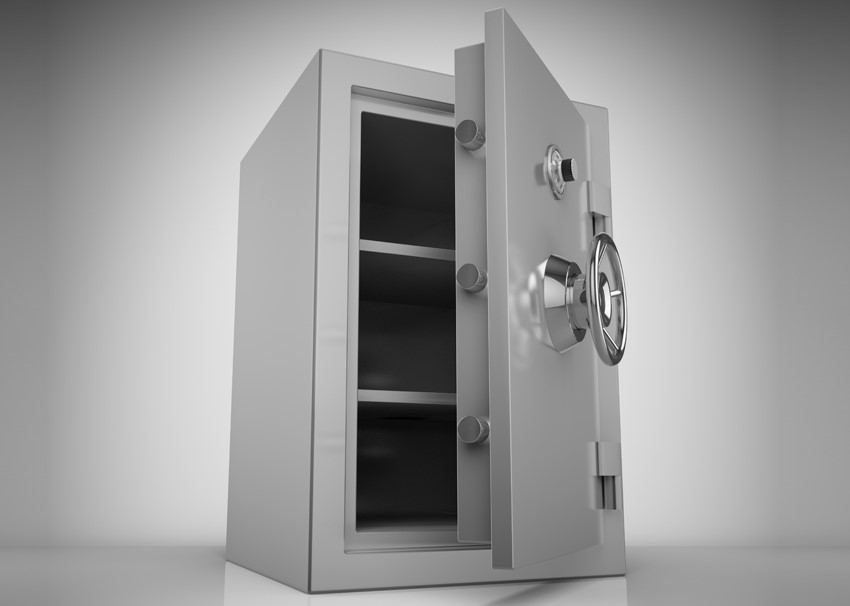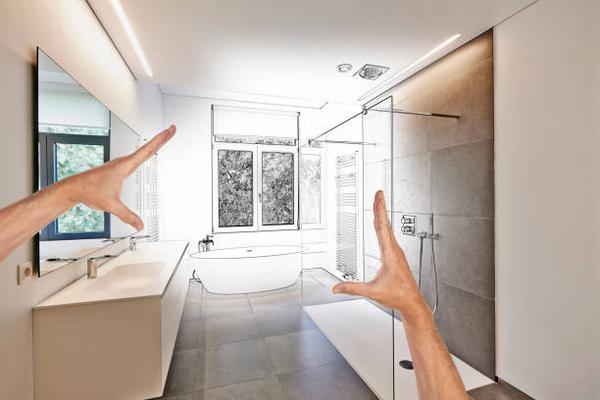
The debate between floor safes and wall safes has been ongoing for years, with both options having their own sets of advantages and disadvantages. When it comes to keeping your valuables safe, it’s important to consider all factors before making a decision on which type of safe is best suited for your needs.
Floor safes offer the advantage of being hidden from plain sight, providing an added level of security. They are also more difficult to remove or tamper with, as they are embedded in the floor and often weigh hundreds of pounds. This makes them a popular option for high-security locations such as banks or jewelry stores.
On the other hand, wall safes offer convenience and accessibility. They can be placed at eye level, making it easier to access documents or items that may need to be retrieved frequently. This also makes them suitable for residential use as they can be installed in closets or behind furniture without taking up additional space.
One of the main concerns about floor safes is their website vulnerability to water damage in the case of flooding. If your safe is not properly waterproofed or sealed, there is a risk that any items stored inside could be damaged beyond repair. Additionally, installation can be a complicated process and may require professional assistance.
Wall safes have their own set of risks including being more easily accessible by thieves than floor safes. These types of safes can also attract attention if they are not well-hidden behind furniture or artwork on display. It’s important to consider these factors when deciding where to install a wall safe within your home.
Another factor to keep in mind when considering both options is fire safety. Typically speaking, fire resistance ratings will vary among different types and brands; therefore it’s important whether you need this particular feature depending on what valuables you want protected.
Ultimately the decision between these two types boils down greatly depending upon what you actually wish safeguarded certain objects from like fires versus theft because one model or make may always far outshine the other. So weighing up various factors and asking questions is the safest way to ensure you’re confident about equipping whichever safe you choose.
In conclusion, there are pros and cons to both floor safes and wall safes. Ultimately, the best option for your needs will depend on factors such as security level, accessibility, water resistance, and fire safety. It’s important to carefully consider these aspects before making a decision. Whichever choice you make, be sure to properly install and maintain your safe for optimal protection of your valuables.






